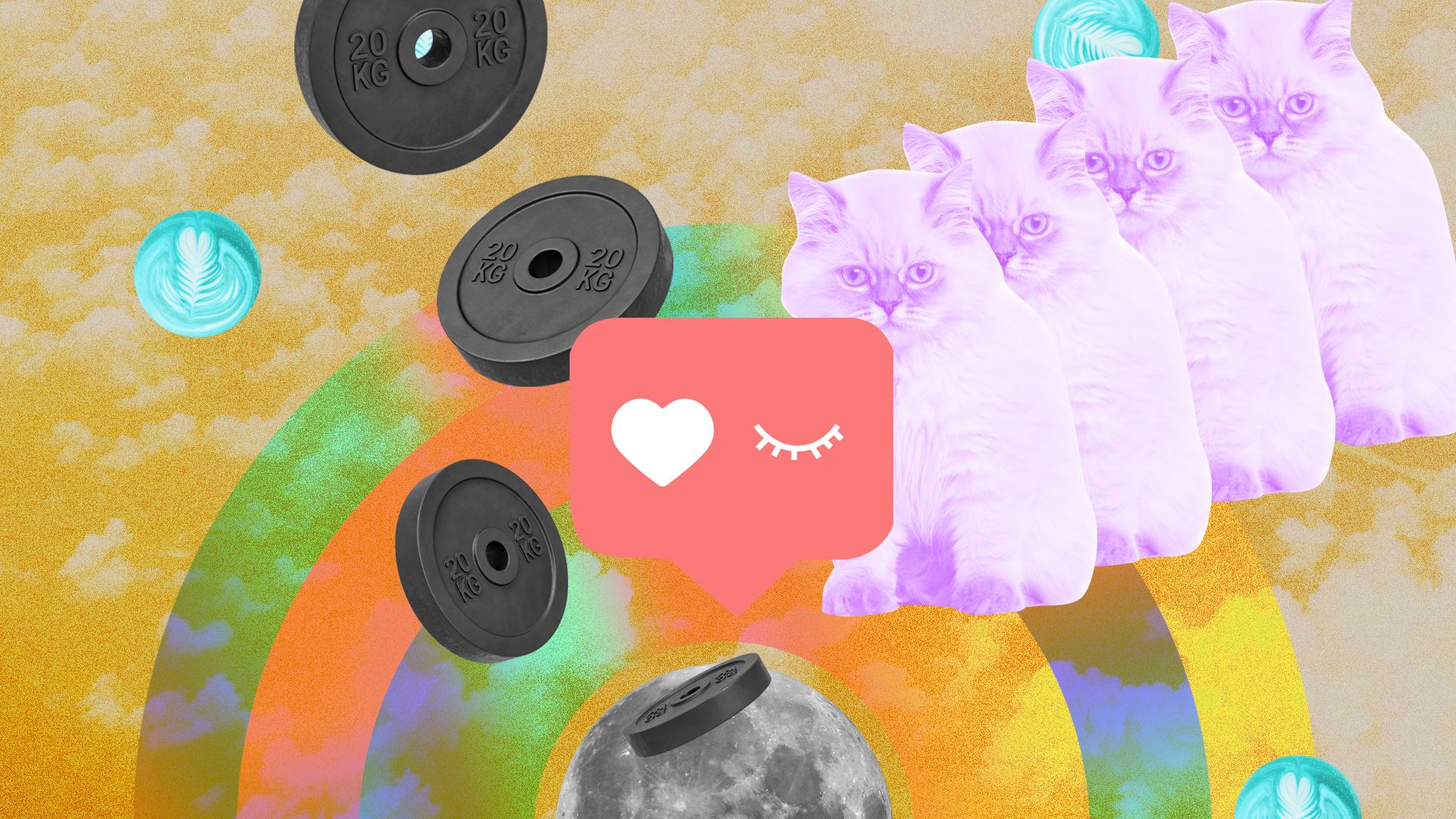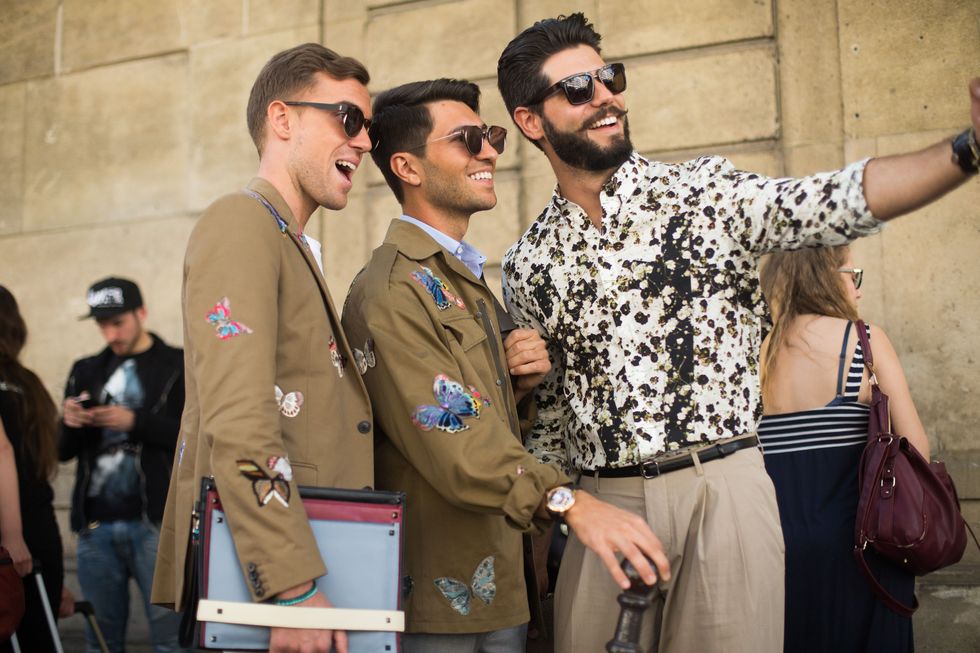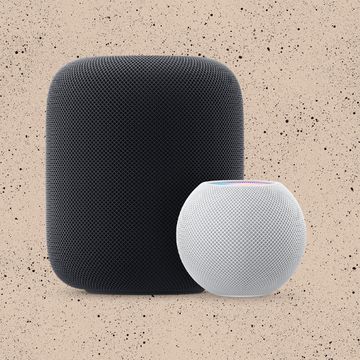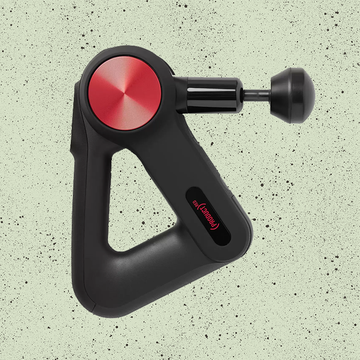When Casey Barker first found out that Instagram might hide the number of likes that his posts received, he was shocked. “I just thought: that’s the whole point of Instagram,” says Barker, the brother of Strictly Come Dancing star and YouTuber Saffron Barker. “I thought this is going to take everyone away from Instagram” – a worry, given he has 313,000 followers on the app – “and I work a lot on Instagram.
“My initial reaction was: ‘What am I going to do?’. But the more I’ve thought about it, the more I’m looking forward to it.”
Back in July, the Facebook-owned photo-sharing app announced it would hide the number of likes on users’ posts in Australia, New Zealand, Ireland, Italy, Brazil and Japan. That followed a small-scale trial in Canada in May, designed to “remove the pressure of how many likes a post will receive, so you can focus on sharing the things you love,” according to Mia Garlick, director of policy for Facebook in Australia and New Zealand, in an interview with the BBC.
In the United States, a “small portion” of users saw their likes disappear earlier this month. And the app’s developers are selecting groups of users from across the globe to trial like-hiding, seeing what effect it has on the way we post.
“I guess the thinking, or at least the public thinking from Instagram, has been that it will reduce the competitiveness of the platform and getting it back to the idea of it being about sharing and communication,” says Tama Leaver, associate professor in internet studies at Curtin University in Australia, and the co-author of an upcoming book on Instagram.
“There is good research to show that it’s good for mental health,” he continues. “The more cynical reading is that for Instagram to remove the publicness of likes, for that class of producers – mainly influencers who establish their value to the market – Instagram will bring in another tier to their service to offer a better bundle of those metrics to give over to potential advertisers.”
At first, these worries seemed justified. An early study by analytics company HypeAuditor found that influencers with followings of between 5,000 and 20,000 lost up to 15 per cent of their likes when they were hidden – out of sight, out of mind for both viewers and content creators. But many have now come around to the benefits it gives them. And they believe that it will change the kind of content that you see on Instagram.
“Sometimes you don’t post a photo because you don’t think you’ll get enough likes on it. It’s nice not to have that worry,” says Barker. “I’ll upload way more. I think I’ll care less about getting the quality right every time and it’ll probably be a more natural feed than a perfect-looking feed, just because I don’t feel like it’ll have to be. It can be a lot more raw, a lot more myself, rather than thinking: ‘Will people like this?’”
“I think it’s a good thing,” says former 2019 Love Island contestant Marvin Brooks. “The metrics takes away from what you actually want Instagram to be about, which is about sharing all aspects of your life. I feel it shouldn’t just be your best side and your best moments, but actually promoting that we’re all normal and have bad days and good days.”
Brooks knows fellow influencers who have in the past posted a photo to Instagram, then deleted it after five minutes because the early number of likes underperformed in comparison to the average. When that metric was visible to all – including potential advertisers – there was a pressure to remove it, so it wouldn’t tarnish your overall brand. “I just feel like when brands are looking at my page at the minute, the more likes I have in general, the more I think they’ll want to work with me,” says Barker.
“Metrics changed how you engaged with social media,” explains Ysabel Gerrard, a lecturer in digital media and society at the University of Sheffield. “You got clickbait and doing things for the likes, whereas now there needs to be more of an emphasis on commenting and having substantial engagement. Our lives have always been metricised to some extent, but this alleviates some of the pressures, and that’s probably why there’s been a large degree of optimism and small level of excitement.”
But Gerrard is cautious. “I’m not sure it will change it quite as dramatically as it might seem, to be honest,” she says. Instagram, of course, isn’t getting rid of likes entirely. They’re still visible to users from their own analytics dashboard in the app.
“For us as a business, it has no effect because we’re connected to all the APIs which means we get the data direct from the social network itself,” says Ben Jeffries, co-founder of Influencer, a London-based influencer marketing company. “But what’s really important about it is that it will actively encourage advertisers to stop looking at metrics such as likes as the main important metrics within a campaign.”
Instead, the hope from Jeffries and others is that we’ll see deeper engagement with a different type of content. Because historically videos have performed less well on Instagram than images, Love Island’s Brooks has shied away from posting the kind of content he wants to; as football manager Harry Redknapp’s personal trainer, he wants to use his social media standing to share fitness advice and workout videos. Instead, the algorithm demands shirtless photos. “I know the workout videos may not necessarily get as many likes as a selfie of me with my top off,” he says. “I just think that hiding the likes will promote people to put things on there that they may necessarily find interesting and not what they think people want to see.”
Jeffries is excited by the prospect. “We’ll see more content true to the creators themselves,” he says. “I think with that in mind, you’ll see much more regular content, because it’s much less time having to edit these things.”
Not that everyone is on board. If you’re a fan of Nicki Minaj – or more accurately, pictures of her – we have bad news. After Instagram announced it was hiding likes, Minaj said she was boycotting the app. She hasn’t posted since 9 November. Thus far, she seems to be only big name whose abandoned the platform. How long she lasts is yet to be seen.
“I just think it’s all round going to be a really positive thing,” says Barker. “A lot of people will probably be really annoyed by it. A lot of people use Instagram to brag about the amount of likes, but me and my family [most of whom use social media] will be really happy with it.”
But the drive for competition can warp even the most well-intentioned decisions. “I’ve seen more influencers encouraging users to leave more comments, rather than liking,” says Leaver. “They’ve switched out one for the other.” That’s something Gerrard is also worried about. “There’s nothing to stop those comments from being gimmicky, where people will write very short or quick comments to rack up the metrics in the comments section.” In other words, for every ostensibly positive change the platform makes, some influencers will always find a way to make Instagram insufferable again.
Like this article? Sign up to our newsletter to get more delivered straight to your inbox














